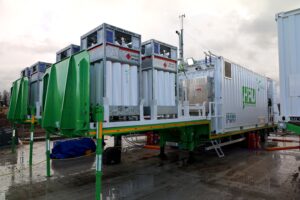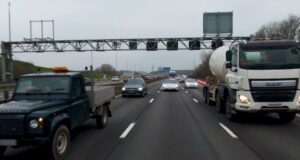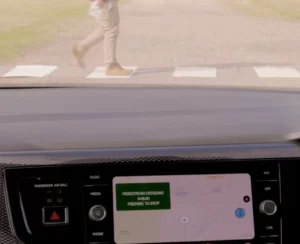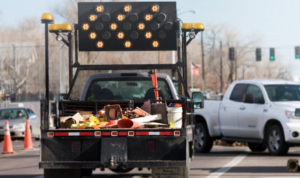New plans to tackle the ‘Climate Emergency’ declared by Bath & North East Somerset Council to and improve people’s health by reducing vehicle use, promoting active travel and creating liveable communities, are to be considered by the council.
It has developed three complementary strategies for low traffic neighbourhoods, residents’ parking schemes and electric vehicle charging.
The proposed strategies will go before the council’s Climate Emergency & Sustainability Policy Development & Scrutiny Panel next week.
If approved the low traffic neighbourhoods will see changes being made that could include:
- Modal filtering of residential streets using bollards, width gates, bus gates or planters
- Public realm enhancements, such as shared space, parklets and green infrastructure
- Time-limited access restrictions through school streets blended / ‘Copenhagen’ style crossings to reinforce pedestrian and cyclist priority in an area.
Low Traffic Neighbourhoods are designed to create safer, cleaner, quieter environments based on the principles of Healthy Streets Work. By reducing the dominance of through traffic, encouraging and improving conditions for walking and cycling, improving access to public transport and enhancing community spaces, healthier spaces are created for communities.
In January 2020, more than 250 residents took part in a discussion about how to create low traffic neighbourhoods in Bath and North East Somerset and heard from Waltham Forest Council about how significant improvements to air quality, active travel and improvements to peoples well-being had been created by introducing low traffic neighbourhoods.
The revised Residents Parking Schemes Strategy sets out the council’s vision and approach to implementing these schemes and highlights the need for them to be considered alongside low traffic neighbourhood proposals.
As well as this, Bath & North East Somerset Council says electric vehicles will play a vital role in improving air quality in B&NES, and the provision of on-street electric vehicle charging points will form an important part of the overall package of measures required to encourage the use of zero and low-emission vehicles.
Councillor Sarah Warren, joint cabinet member for Climate Emergency and Neighbourhoods, said: “When we declared a Climate Emergency within Bath and North East Somerset last year, we pledged to do everything we could to help the district become carbon neutral by 2030. This requires transformational change and we need to employ a wide range of initiatives to deliver on our commitment.
“These strategies build on national and international best practice and are designed to help cut congestion, improve air quality, and reduce vehicle intrusion in residential neighbourhoods while encouraging more active travel. They not only support our vision of creating better places that promote public transport use and active travel with less reliance on cars, but also the government’s aim of decarbonising transport.”
Councillor Joanna Wright, joint cabinet member for Transport, said: “As a result of the impact of COVID-19 and lockdown we’ve seen what a difference a reduction in traffic makes to communities, how much cleaner the air is and how much more pleasant it is to walk and cycle.
“Social distancing has also highlighted the fact that many of our pavements are too narrow and road space disproportionately allocated in favour of vehicles. We’ve learned a great deal and people are making more active travel choices. We now have an opportunity to build on that momentum in what may prove to be a once in a generation opportunity to achieve long-term change.”
























